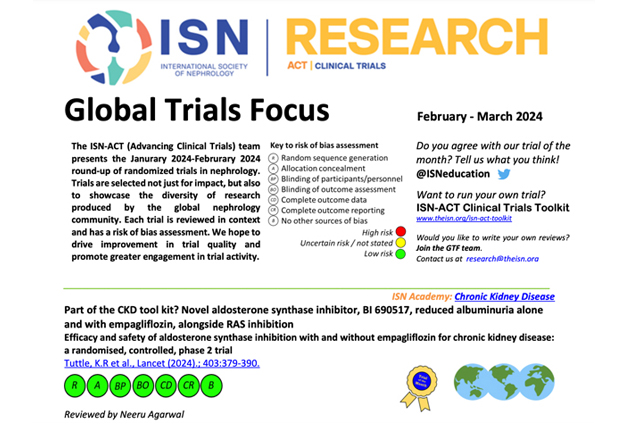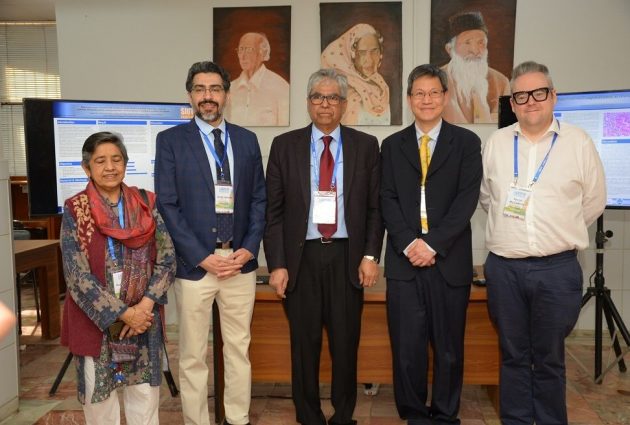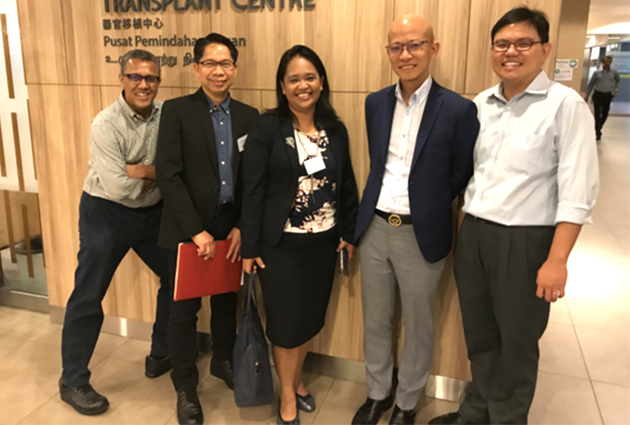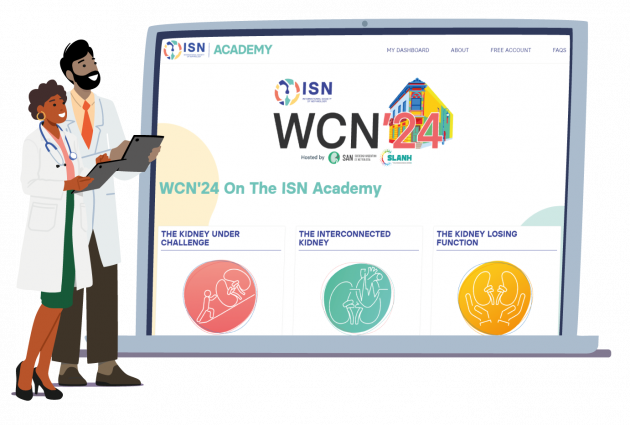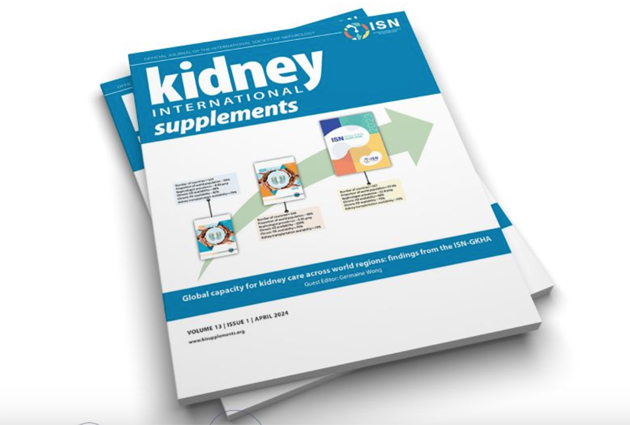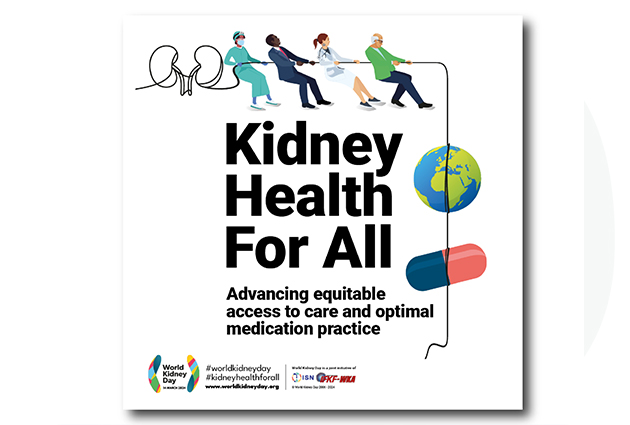Bringing Genomic Medicine to the Bedside – Ali Gharavi on Genome Sequencing for Better Diagnosis and Treatment of Kidney Diseases
 Ali Gharavi will present the WCN’23 Brenner/Dirks Lecture “Genomic Medicine for Kidney Diseases: Lessons Learned From IgAN for Disease Pathophysiology and Management” at 10:30 on March 31.
Ali Gharavi will present the WCN’23 Brenner/Dirks Lecture “Genomic Medicine for Kidney Diseases: Lessons Learned From IgAN for Disease Pathophysiology and Management” at 10:30 on March 31.
The ISN asked Dr. Gharavi about his research on genetics, the relevance of his work to nephrologists and his expectations for the future of kidney care.
What question or challenge were you setting out to address when you started your research work?
When I started my research lab, my goal was to understand the genetic basis of IgA nephropathy. Subsequently, we also started to study the genetics of congenital urinary tract defects. Through these studies, I realized that many patients with known genetic syndromes, such as Alport Syndrome, were not diagnosed during clinical workup. This indicated a great opportunity to systematically apply genome sequencing to diagnose known genetic syndromes that had previously escaped detection and discover new genes for these disorders.
What do you want to achieve with your research?
The goals of my research have remained the same – to understand the genetic basis of kidney disorders in order to get more insight into disease pathophysiology, and hopefully, find better ways to diagnose and treat patients.
I hope to bring genomic medicine to the bedside so that nephrologists can diagnose kidney disease precisely and provide the right treatment for their patients. This work also serves as a training vehicle for a new generation of kidney investigators who can pursue and amplify the research.
What can we expect from your talk at WCN’23?
The talk will give a good overview of the power of genetic approaches to provide insight into disease pathobiology and motivate clinical trials. I will talk about the genetic basis of the most common IgA nephropathy – glomerulonephritis. We have made significant progress in understanding its genetic basis and pathogenesis and some clues about relevant environmental factors.
Moreover, several genetic signals have provided support for specific therapeutic approaches (such as targeting the alternative complement pathway), which are currently being tested in clinical trials. Our latest genetic studies have identified even more potential targets, which may serve as the basis for future drug development.
What is the relevance of your work to nephrology clinicians practicing worldwide?
The work shows how genetic testing can be used in clinical practice right now to diagnose diseases and apply the right treatment pathway. Moreover, it shows how genetic insight into disease biology helps us consider new therapies that may not have been on the radar.
The idea of incorporating genomic and molecular profiling in routine clinical practice sounds exciting, but also costly. Would the benefits outweigh the costs?
This is a great question that is being addressed in prospective clinical studies. We already have ample data that genetic testing is an excellent diagnostic tool and getting the right diagnosis is very valuable for patients who have sometimes been looking for answers for many years.
Moreover, the cost of sequencing has diminished significantly, therefore, these tests are already affordable in many countries. Recent data from some regional health systems already show that genetic testing can obviate additional diagnostic tests by providing the right diagnosis and thereby lead to savings. We still need to demonstrate this on a large scale in prospective studies across different health systems but I am hopeful that this evidence will emerge soon based on ongoing research.
What excites you about the future of kidney care?
We already have many opportunities for incorporating genetic testing into our clinical practice for disease diagnosis. The challenge is to make genetic testing more widely available and increase nephrologists’ comfort with using this new technology.
Increasingly, genomic and molecular profiling will also help us with risk stratification to identify patients who may be at the highest risk for progression or complications from therapy. Moreover, I hope these advances will lead to the development of a new generation of genotype-driven therapies, where treatment will be tailored to an individual’s specific genetic profile.


